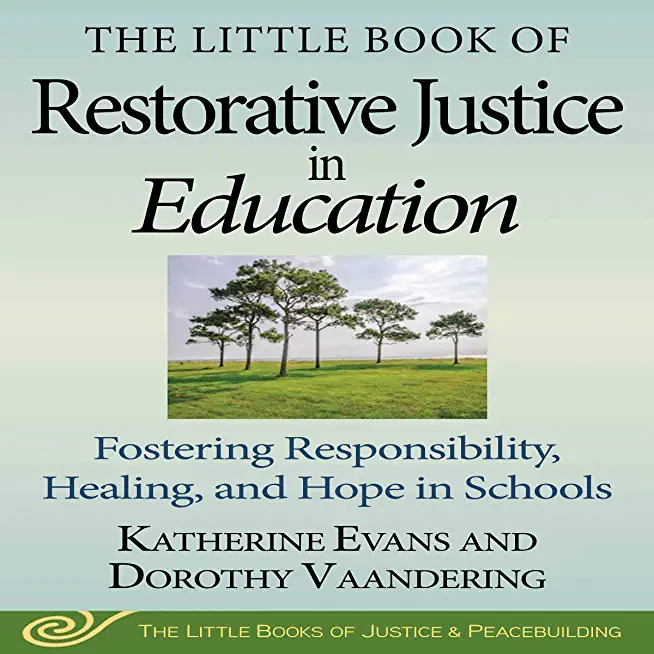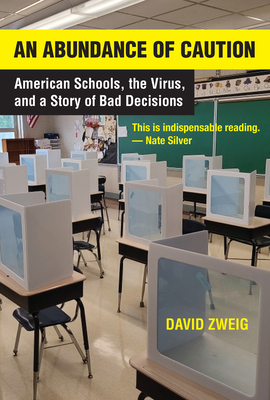
Mattson, Kristen
product information
description
6Help students of all levels develop relationships based on mutual trust and understanding in digital spaces and become active, participatory citizens in these spaces. During her doctoral program, Kristen Mattson became frustrated by the negative underpinnings that described the internet as a dangerous place and positioned young people as careless victims or malevolent bullies. Digital citizenship curriculum became the focus of her work and led to the development of her book Digital Citizenship in Action, which focuses on one of the most important aspects of citizenship - being in community with others. As citizens, we have a responsibility to give back to the community and work toward social justice and equity. Digital citizenship curricula should strive to show students possibilities over problems, opportunities over risks and community successes over personal gain. Digital Citizenship in Action shows educators how to do just that. In this new, expanded edition, Mattson incorporates the latest research from scholars in media and information literacy, educational technology and digital citizenship. She also extends the coverage to provide guidance for elementary and secondary teachers, and includes updated examples that are relevant to today's most widely used technologies. The book:
In this book, you'll find more ways than ever to take digital citizenship beyond a conversation about personal responsibility so you can create opportunities for students to become participatory citizens in online spaces. Audience: Elementary and secondary educators, curriculum directors and library media specialists
- Includes tips for creating a digital space where students can try something new, grow through mistakes, and learn what it means to be a citizen in different spaces.
- Features "Spotlight Stories" from teachers engaged with participatory digital citizenship that demonstrate how these ideas play out in actual classrooms.
- Includes a featured activity for elementary students and secondary students in each chapter to help teachers integrate the ideas into their work.
- Provides QR codes linking to additional resources in "You Can Do It!" sections throughout the book.
In this book, you'll find more ways than ever to take digital citizenship beyond a conversation about personal responsibility so you can create opportunities for students to become participatory citizens in online spaces. Audience: Elementary and secondary educators, curriculum directors and library media specialists
member goods
No member items were found under this heading.
Return Policy
All sales are final
Shipping
No special shipping considerations available.
Shipping fees determined at checkout.







